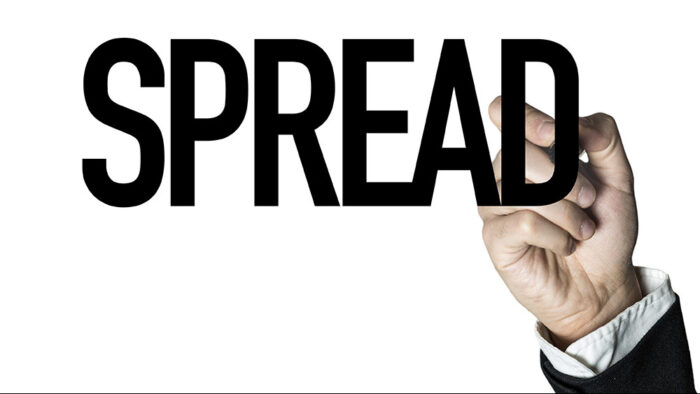“When the facts change, I change my mind” is a phrase widely attributed to John Maynard Keynes. This applies to my oft-expressed dissatisfaction with the tendency for a quarterly earnings season to kick off with a slew of large banks’ reports. No other industry’s bottom line is nearly as dependent upon idiosyncratic items like the shape of the yield curve and trading results, yet we often try to extrapolate how bank profits affect the rest of corporate America anyway. Last July I wrote that I wished I could rearrange earnings season to avoid this phenomenon, and in January I compared bank earnings to the hit-or-miss relevance of the opening act at a highly anticipated concert. I’ve even aired my complaints on business television.
A banking crisis changes the calculus. The recent troubles at Silvergate (SI), Silicon Valley Bank (SIVBQ), Signature Bank (SBNYQ) and Credit Suisse (CS) sent repercussions throughout the industry. We had a series of knee-jerk reactions in the prices of bank stocks and bonds (return OF capital outweighed the usual considerations about returns ON capital), but now we get to learn in greater detail how these moves played out behind the scenes. We will know how individual banks weathered the crisis and also important conclusions about how different segments of the banking industry.
Under any circumstances, banks play a critical role in the economy. I compare them to the motor oil in an engine – banks keep the system lubricated. Without, the economy simply cannot run smoothly. Banks are a key transmission mechanism for Federal Reserve rate policies, and the nature of fractional reserve banking means that they literally get to create money. At any given moment, there are some with excess liquidity for which they would like to find a safe home, while at the same time there are others who need funds for trade finance, capital investment and much more. Banks and other financial intermediaries are the primary conduit for making sure that money can flow from one party to the other.
If those critical links are suffering, we need to know about that ASAP. We also need to get some nuances from different types of banks. Among them:
1. To what degree are the money center banks being flooded with cheap money looking for a “too big to fail” home? Borrowing money from desperate depositors at a few scant basis points and lending to the Fed via overnight repos at the current 4.80% rate is a very lucrative business. But we need to know if that is cannibalizing other types of lending and what levels of unmet demand might exist.
2. How large are the outflows at regional banks? We have heard slews of anecdotal evidence of large depositors moving money from regional banks into money center banks or Treasury bills. That must be a drag on their ability to service their lending customers, and it would negatively impact margins if they need to pay up to retain deposits.
3. Will we learn whether there is widespread stress underlying the recent placid exterior? I’ve been asked several times recently whether the lack of recent bank failures means that the crisis is behind us. Unfortunately, it’s too early to say. No one rings a bell and says, “crisis over.” The upcoming bank earnings and conference calls will potentially offer some much-needed clarity in that regard.
For the first time in a long time, I’m excited about hearing what the banks have to say for themselves. They normally offer the potential to get some clues about how consumers and corporate America might be doing, but this time they will offer us key insight to the health of the financial system as a whole. I don’t mind learning about that sort of thing as we kick off quarterly earnings season.
Disclosure: Interactive Brokers
The analysis in this material is provided for information only and is not and should not be construed as an offer to sell or the solicitation of an offer to buy any security. To the extent that this material discusses general market activity, industry or sector trends or other broad-based economic or political conditions, it should not be construed as research or investment advice. To the extent that it includes references to specific securities, commodities, currencies, or other instruments, those references do not constitute a recommendation by IBKR to buy, sell or hold such investments. This material does not and is not intended to take into account the particular financial conditions, investment objectives or requirements of individual customers. Before acting on this material, you should consider whether it is suitable for your particular circumstances and, as necessary, seek professional advice.
The views and opinions expressed herein are those of the author and do not necessarily reflect the views of Interactive Brokers, its affiliates, or its employees.


















